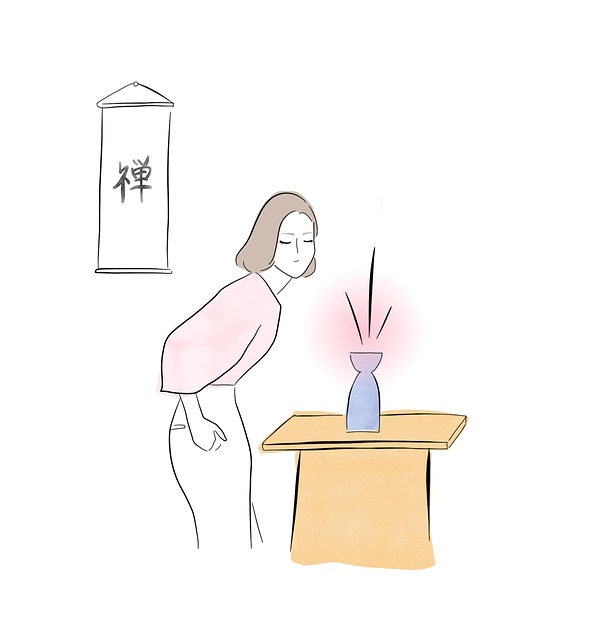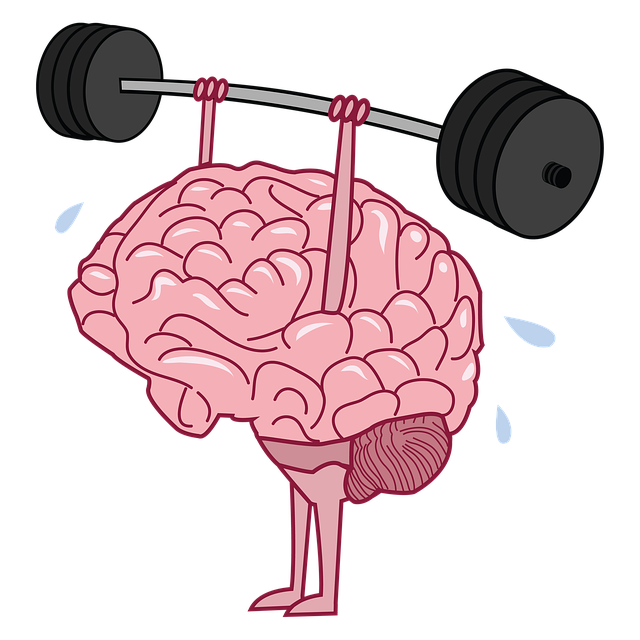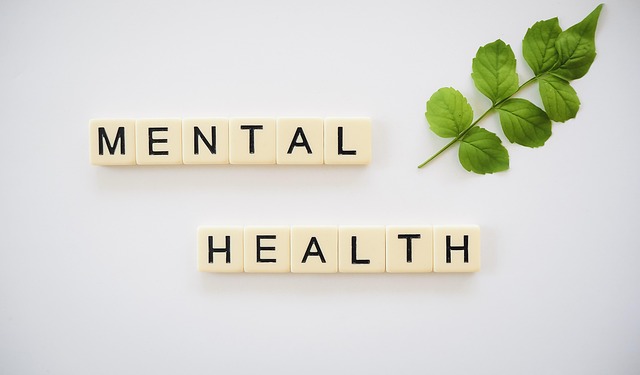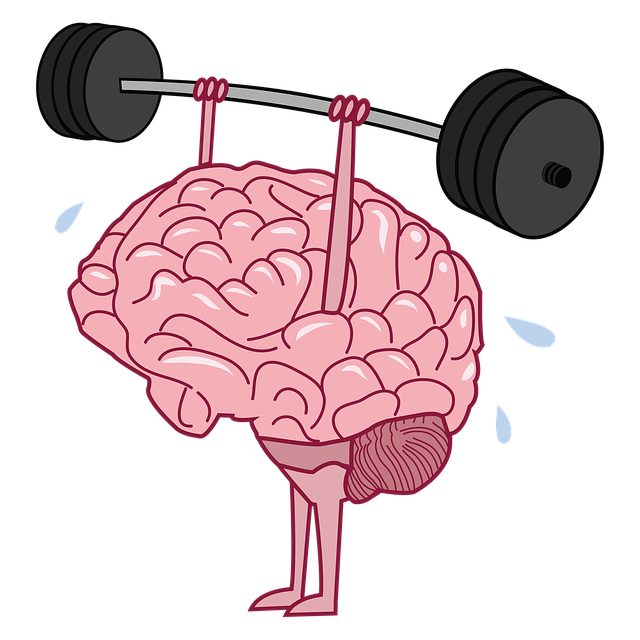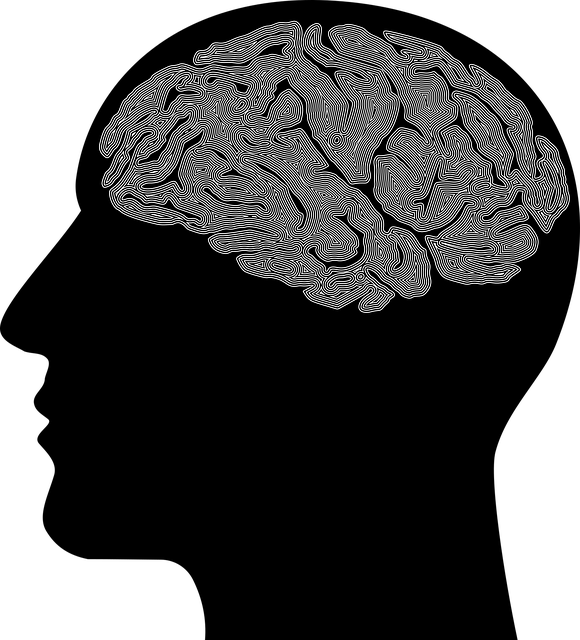Mental wellness is crucial for healthy relationships in Lone Tree, with therapy offering a safe space for couples to share emotions, gain understanding, and learn coping mechanisms. Incorporating compassion cultivation practices enhances emotional intimacy. Journaling, a powerful self-reflection tool, helps identify communication patterns, triggers, and sources of stress or joy, fostering open dialogue and strengthening connections in therapy. Creating dedicated journaling spaces and integrating this practice into daily routines promotes mental well-being, developing skills to navigate relationship challenges. For Lone Tree couples, journaling improves perspective understanding, encourages active listening, aids mood management, and reduces communication issues through structured exercises.
“Mental wellness journaling is a powerful tool for self-reflection and personal growth, offering a safe space to explore thoughts and emotions. This article guides you through the transformative journey of using journaling as a couples therapy technique, particularly for addressing communication issues in relationships, as exemplified by the case of Lone Tree Couples.
We’ll delve into the impact of mental wellness on relationships, uncover the benefits of journaling, and provide practical steps to create a ritual that enhances therapy sessions and strengthens bonds.”
- Understanding Mental Wellness and its Impact on Relationships
- The Power of Journaling for Self-Reflection
- Creating a Safe Space: Setting Up Your Journaling Ritual
- Unlocking Communication: How Journaling Can Improve Therapy Sessions
- Lone Tree Couples: Overcoming Issues Through Journaling Exercises
Understanding Mental Wellness and its Impact on Relationships

Mental wellness is a crucial aspect of our overall well-being, influencing how we interact with others and navigate relationships. When mental health is balanced, individuals often experience deeper connections and improved communication with their partners or loved ones. However, when left unaddressed, issues like anxiety, depression, or trauma can lead to relationship challenges, such as communication barriers and conflicts.
For couples facing these struggles, therapy proves invaluable. It offers a safe space for both partners to express their feelings, understand each other’s perspectives, and develop coping strategies. Incorporating compassion cultivation practices into therapy sessions has been shown to enhance emotional intimacy and strengthen bonds between partners. By learning stress reduction methods together, Lone Tree couples can better manage external pressures, fostering healthier interactions and a more supportive environment.
The Power of Journaling for Self-Reflection

Journaling is a powerful tool for self-reflection and personal growth, offering individuals a chance to unearth their thoughts and emotions in a safe space. For those facing communication issues within relationships—be it between partners or even with themselves—regular journaling can be transformative. By committing time to write down their experiences, feelings, and insights, individuals can gain a deeper understanding of their mental wellness journey.
This practice allows for introspection, helping one identify patterns, triggers, and sources of stress or joy. For Lone Tree couples or anyone dealing with similar challenges, this self-reflective process can be a catalyst for meaningful conversations in therapy. Moreover, it fosters open communication, enabling individuals to express themselves honestly, which is crucial for building stronger connections and resolving issues. Through consistent journaling, people can take control of their mental wellness, making informed decisions about their lives and relationships with the guidance of professional therapy.
Creating a Safe Space: Setting Up Your Journaling Ritual

Creating a safe space is a vital step in establishing an effective journaling ritual for mental wellness. This involves finding a quiet and comfortable area where you can be alone with your thoughts, free from distractions and interruptions. It could be a cozy corner of your home, a peaceful garden, or even a solitary walk in nature. By setting aside dedicated time and space, you create an environment conducive to introspection and self-reflection. This ritual becomes a sanctuary where you can openly explore your emotions, thoughts, and experiences without fear of judgment.
Just as important is establishing a routine that feels natural and sustainable for you. Consider the time of day when you feel most receptive to writing—it could be early morning, during a peaceful break in the day, or before bed. Incorporate this ritual into your self-care routine alongside other practices like meditation, exercise, or social skills training. Remember, consistency is key. Over time, this dedicated journaling space and practice will contribute to your overall mental wellness, fostering mind over matter principles and aiding in the development of coping skills as you navigate any communication issues within relationships, whether with a partner or others, and even offer insights that could benefit therapy sessions.
Unlocking Communication: How Journaling Can Improve Therapy Sessions

Journaling has emerged as a powerful tool to enhance therapy sessions, particularly for couples navigating communication issues in Lone Tree. By putting their thoughts and feelings into words, partners can gain valuable insights into each other’s perspectives. This introspective process encourages active listening and fosters an environment of understanding and empathy. During therapy, journaling prompts can guide individuals to explore underlying emotional barriers, unearthing hidden conflicts that may have been hindering open communication.
Through regular self-care practices like journaling, couples engage in mood management techniques, allowing them to track their emotions and identify patterns. This practice contributes to building resilience by providing a safe space for expression—a crucial aspect of overcoming communication challenges. By documenting their journey, partners can refer back to their reflections, gaining clarity and new perspectives on their relationship dynamics.
Lone Tree Couples: Overcoming Issues Through Journaling Exercises

For many Lone Tree Couples, navigating communication issues can feel like a complex maze, but journaling offers a powerful tool to overcome these challenges. Through dedicated reflection and expression, couples can deepen their understanding of each other’s perspectives, fostering an environment conducive to healthy dialogue. Journaling exercises encourage partners to articulate their thoughts and feelings, often uncovering underlying causes of conflict that might have been previously unspoken or misunderstood.
This practice is especially beneficial in therapy sessions, where it can serve as a bridge for emotional connection. By participating in structured journaling activities, couples gain insights into their individual experiences while learning to listen actively to one another. This enhanced communication leads to better problem-solving and strengthens the bond between partners, ultimately contributing to improved stress management workshops and anxiety relief, as well as effective mood management.
Mental wellness journaling offers a powerful tool for self-reflection and communication, as evidenced by its success in helping Lone Tree Couples overcome issues. By creating a safe space through ritualized journaling, individuals can gain deeper insights into their thoughts and emotions, which subsequently enhances therapy sessions. This article has explored the multifaceted benefits of mental wellness journaling, from understanding its impact on relationships to unlocking communication barriers. Embrace this practice to foster personal growth and strengthen connections.

